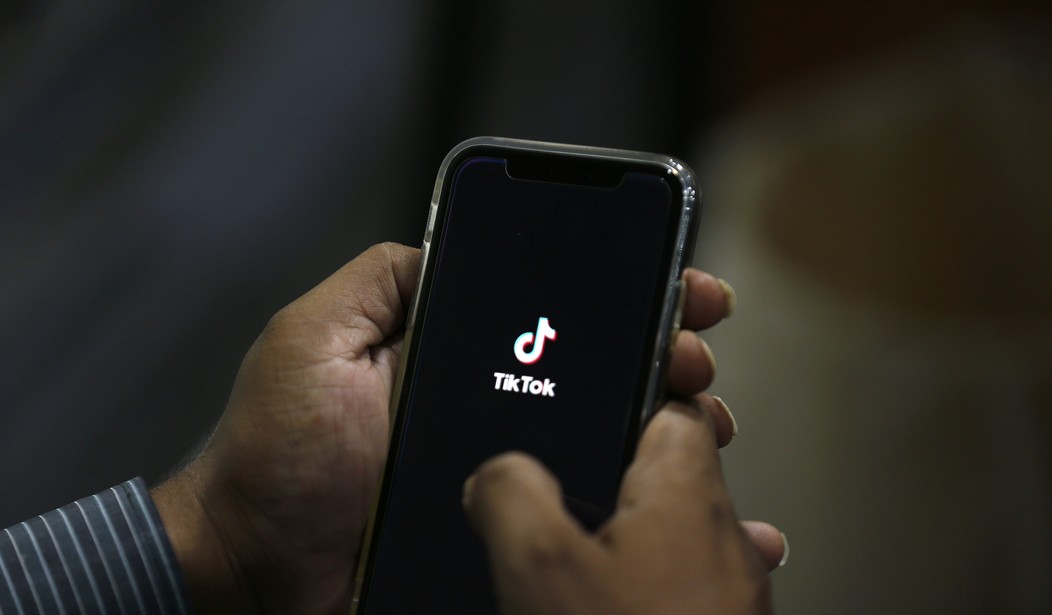A former executive at ByteDance, the Chinese firm that owns the video app TikTok, has accused the company of having a “culture of lawlessness,” including stealing content and intellectual property from rivals Snapchat and Instagram, while also describing it as a “useful propaganda tool for the Chinese Communist Party.”
Yintao Yu, former head of engineering for ByteDance’s U.S. operations from August 2017 to November 2018, made the allegations as part of a wrongful dismissal lawsuit filed on Friday. The lawsuit, submitted to the San Francisco Superior Court, contends that Mr. Yu was terminated due to his objections concerning a “worldwide scheme” aimed at illicitly appropriating and capitalizing on intellectual property owned by other companies.
One of the notable allegations in Yu’s complaint is that ByteDance’s offices in Beijing housed a special unit comprising members of the Chinese Communist Party, often referred to as the “Committee.” This Committee purportedly oversaw the company’s applications, actively influencing the promotion of communistic ideas, and even possessed a “death switch” capable of completely shutting down the Chinese apps if so required.
Yu also claims that in TikTok’s early stages of user acquisition, ByteDance engineers engaged in unauthorized copying of videos and posts from Snapchat and Instagram, subsequently uploading them onto the app.
Additionally, he alleged that ByteDance systematically created fictitious user accounts, essentially deploying a legion of bots, to artificially inflate engagement metrics. He says he brought these practices to the attention of his superiors, including Zhu Wenjia, the individual responsible for the TikTok algorithm. However, Zhu reportedly dismissed his concerns.
During his tenure at ByteDance, which included work in the company’s China offices, Yu further claimed to have witnessed engineers for Douyin, the Chinese equivalent of TikTok, manipulating the algorithm to prioritize content expressing animosity towards Japan. He added that the promotion of anti-Japanese sentiments, aiming to increase visibility for users, was routine practice.
Yu’s claims shed light on the company’s operational practices from half a decade ago, coinciding with TikTok’s current situation under close national scrutiny regarding its connection with its parent company and the potential influence of China on the platform.
The platform, which boasts a staggering 150 million monthly American users, has gained immense popularity for its entertainment and meme culture. However, bipartisan lawmakers and security officials raised concerns that the app may be transmitting sensitive information about Americans to Beijing.
In March, the U.S. House of Representatives gave authorization to the Biden administration to ban the app on national security grounds, while a growing number of Senators are also backing the move. TikTok is currently banned on all official U.S. government devices and in many Republican-controlled states including Texas and Florida.
“A U.S. ban on TikTok is a ban on the export of American culture and values to the billion-plus people who use our service worldwide,” Brooke Oberwetter, a TikTok spokesperson, said in a statement at the time. “We’re disappointed to see this rushed piece of legislation move forward, despite its considerable negative impact on the free speech rights of millions of Americans who use and love TikTok.”















Join the conversation as a VIP Member